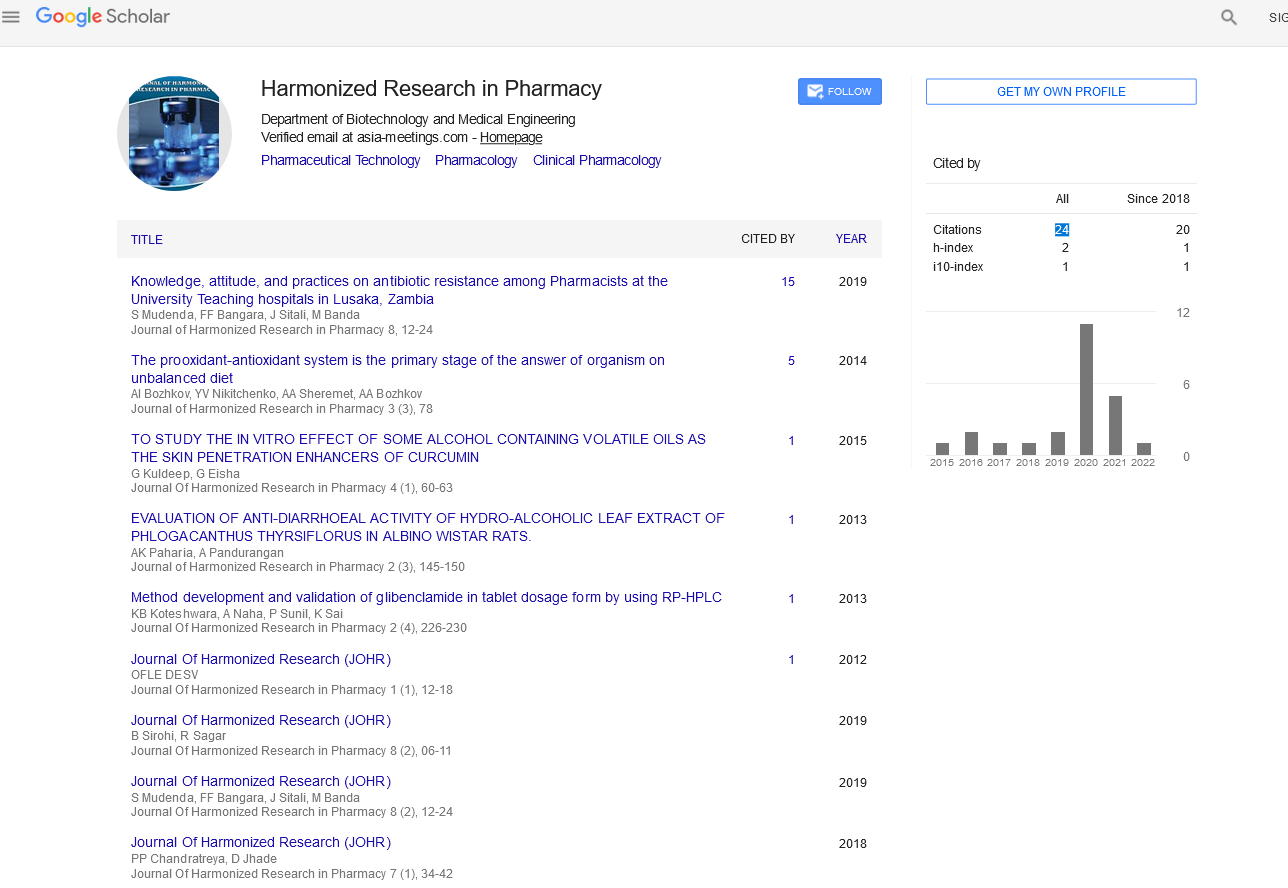ADAPTIVE IMMUNE SYSTEM: FRIEND OR FOE?
Abstract
Author(s): Mr. Anoop Kumar
Adaptive immune system: Friend or Foe? Immunity is body’s self defense mechanism for protecting the body from infectious diseases or other antigen attacks. The immune system is a tightly regulated co mplex network, including lymphoid, reticular, dendrite and epithelial cells, interacting by cell to cell contacts and communicating via soluble mediators such as cytokines. Adaptive immune system is a more heterogeneous and complex system comprising of T and B cells. Adaptive responses are generated in the lymph nodes, spleen and mucosa-associated lymphoid tissue. It involves the proliferation of antigen-specific B and T cells. Specialized cells, called antigen-presenting cells, display the antigen to lymphocytes and collaborate with them in response to antigen. B cells secrete immunoglobulins (IgG) and T cells help B cells to make antibody. Antigen recognition is major histocompatibility complex (MHC) restricted. Immune memory also is a hallmark feature of the adaptive immune system and results in a more efficient response upon secondary exposure to the same antigen. So, the adaptive immune system acts as our friend to combat against pathogens but the mechanism by which T and B cell protect our body against pathogens is still unclear. For better understanding of its mechanism, it should be explores in future studies. When this system unable to recognize its own cell, it become our enemy which results in various autoimmune disorders such as rheumatoid arthritis, type 1 DM, systemic lupus erthromatous etc. In literature various studies has been conducted to understand their mechanism but unfortunately how the adaptive immune system become our foe is still unclear. So, In future studies, researchers should plan their research to explore this issues which will be helpful to design drugs and vaccines for autoimmune disorders.

Google Scholar citation report
Citations : 147
Journal of Harmonized Research in Pharmacy received 147 citations as per google scholar report









